What the Top 9 Harmful Substances Including Alcohol, LSD and Caffeine Do to Your Brain
Categories: Health and Medicine
By Pictolic https://pictolic.com/article/what-the-top-9-harmful-substances-including-alcohol-lsd-and-caffeine-do-to-your-brain.htmlSniff - and the world turns into a colorful kaleidoscope of dancing patterns and waves of sounds; take a sip and the muscles in your body spread like jelly. Yes, different substances allow a person to explore the world around them in completely different ways, but their consequences cannot be called pleasant. So what do drugs actually do to the human brain? Let's find out.
(Total 9 photos)
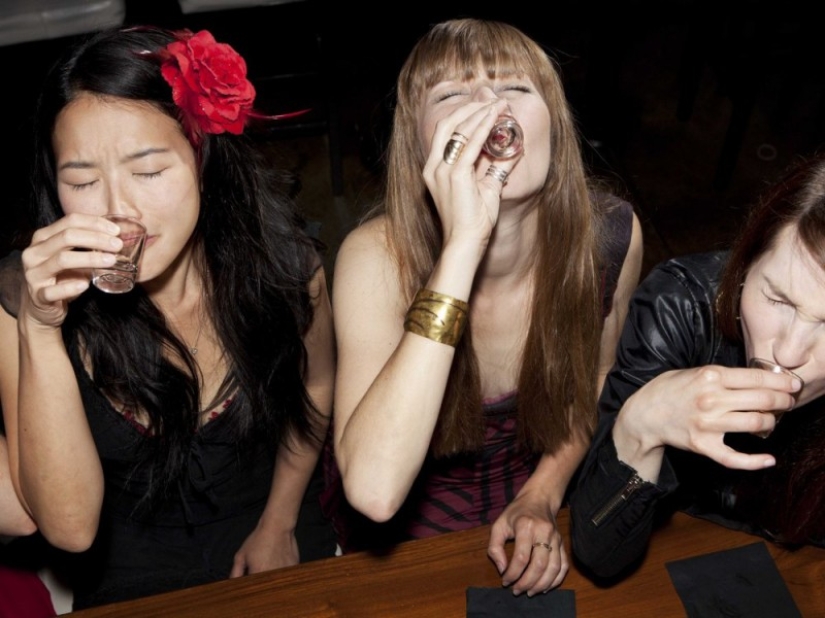 Source: businessinsider.com
Source: businessinsider.com
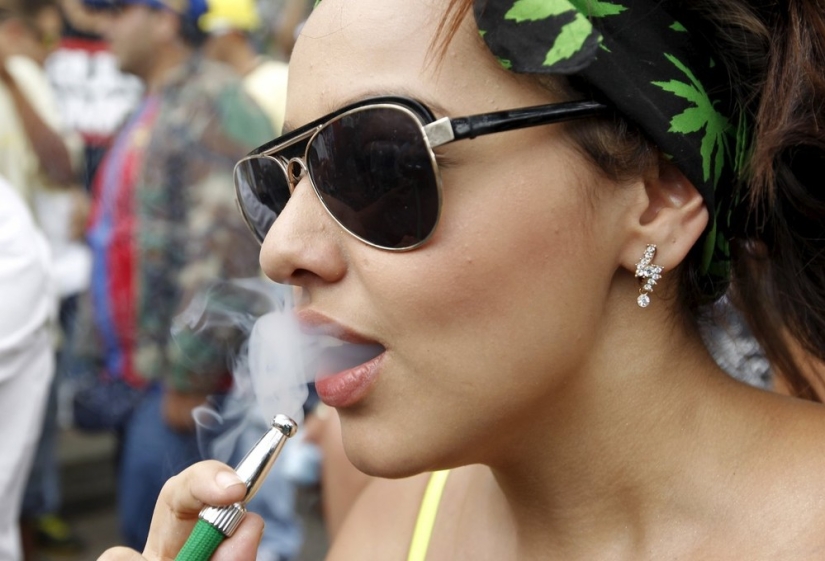
1. Marijuana
When marijuana's active ingredient, tetrahydrocannabinol, enters the brain, it causes brain cells to release the "pleasant" neurotransmitter dopamine. Dopamine is part of the brain's reward system, it makes us feel good and get the most out of simple things like food or sex. When overexcited, the reinforcing system creates a feeling of euphoria. That is why, in some rare cases, excessive use of marijuana can become a problem: the more often a person enters a state of euphoria, the less other feelings he experiences.
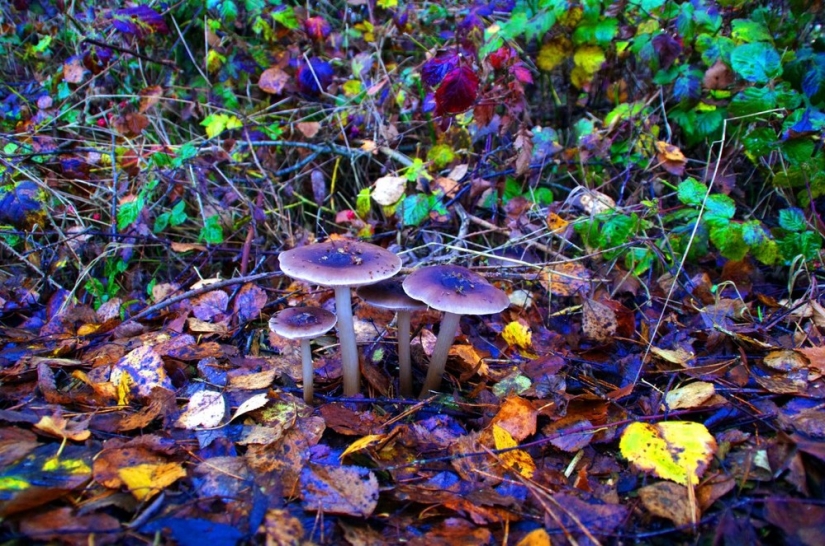
2. Magic mushrooms
A recent study found that the main psychotropic ingredient in mushrooms, psilocybin, inhibits normal brain activity and instead jumpstarts new connections between different areas of the brain. Perhaps it is these new connections that cause hallucinations like “seeing sounds” or “hearing colors” and give the mushrooms an antidepressant effect. Keep in mind that eating mushrooms is associated with health risks, including unpleasant hallucinations and increased anxiety.
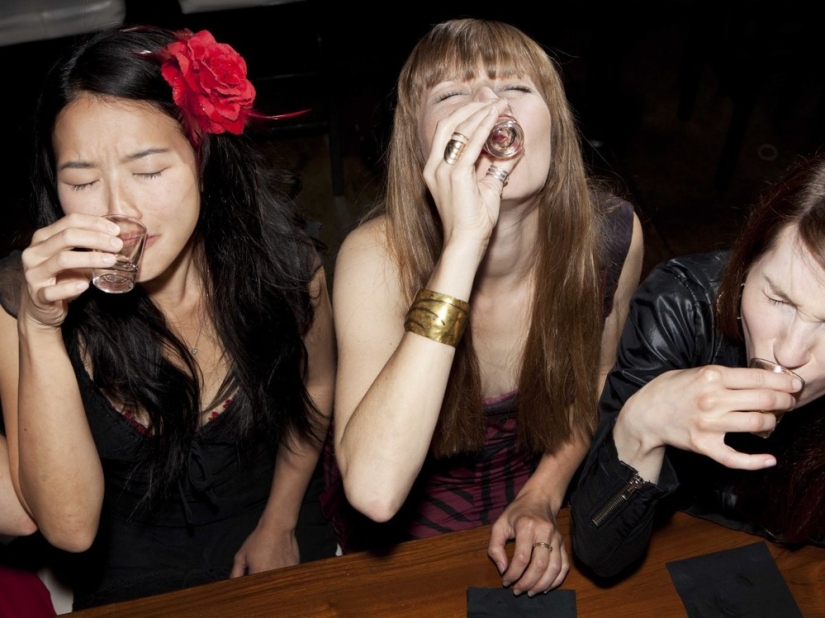
3. Alcohol
Like any other drug, alcohol affects brain chemistry by altering the levels of neurotransmitters, the chemical transmitters that transmit signals that control our thinking and behavior. Alcohol slows down thinking, breathing, and heartbeat by shutting down our “excitatory” transmitters—those that normally increase energy levels. Instead, it amplifies our "braking" transmitters - those that usually make us calm down. That's why they say: drunk and the sea is knee-deep.
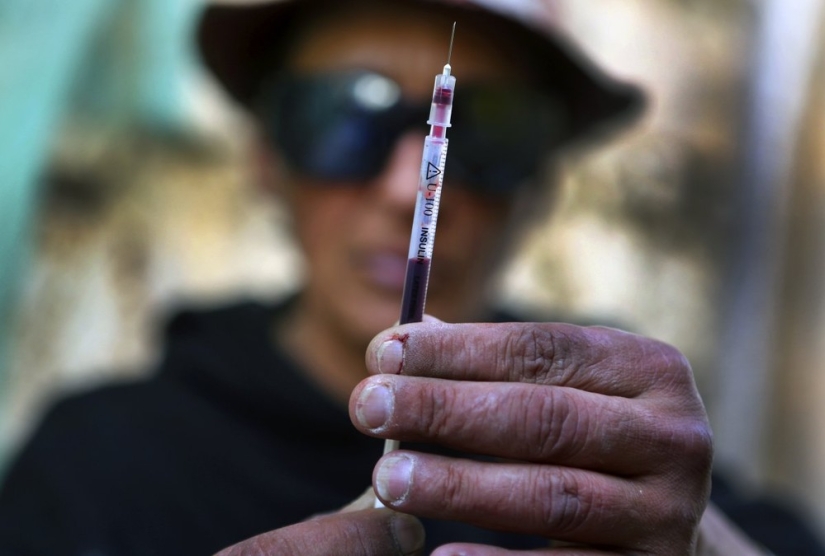
4. Heroin
The brain transforms heroin into morphine, which binds to molecules in brain and body cells called opioid receptors. They affect the perception of pain and pleasurable sensations. This explains the incredible intense feeling of euphoria that many experience when administering this drug. Since opioid receptors are also found in the brainstem, the main control center, an overdose can lead to slow or stopped breathing, brain damage, coma, or even death.

5. Legal opiate painkillers
A recent study has shed light on a potential link between heroin and opioid painkillers such as Vicodin or OxyContin. Opiate abusers were 40 times more likely to start using heroin. This is because the nature of the effect of opiates on the brain is similar to the effect of heroin.
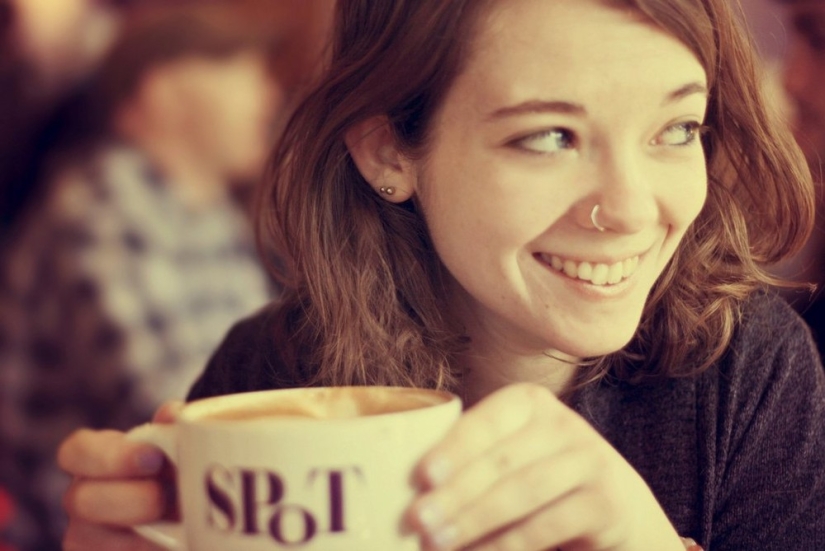
6. Caffeine
Caffeine is the most widely used psychotropic substance in the world. It stimulates the central nervous system and temporarily elevates mood. But it is also able to increase the level of adrenaline, which energizes and has the potential for vigorous activity, but in the end can provoke anxiety and irritability. In its structure, caffeine is similar to adenosine molecules, which, in turn, reduces the excitation processes in the brain. Replacing it with caffeine leads to a stimulating effect.
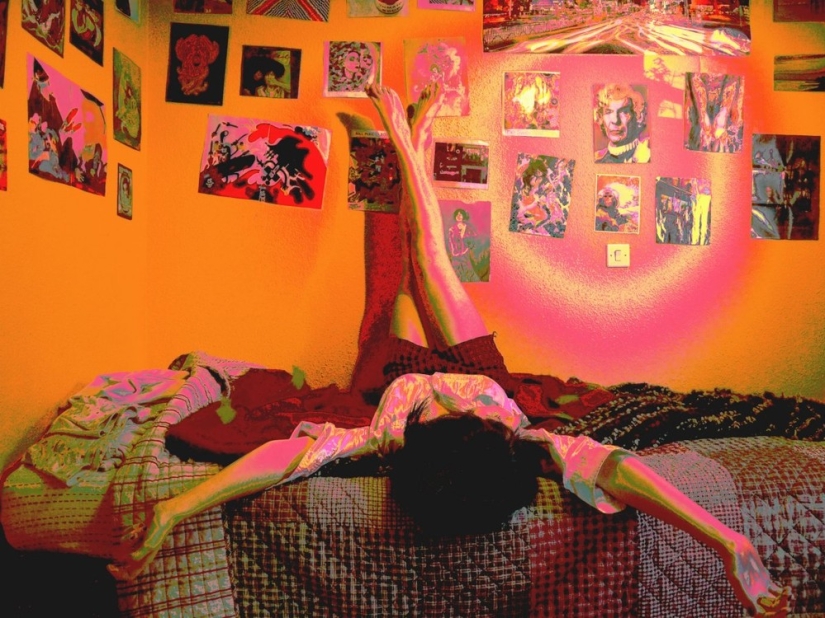
7. LSD
Like magic mushrooms, LSD is a hallucinogen. Hallucinogens primarily affect the area of the brain responsible for regulating our mood, thoughts, and perceptions, but they also affect how we respond to stress. LSD causes a variety of hallucinations - for example, under its influence, you can feel the flight or see your own death from the side. The short-term effects of LSD may include impulsivity, rapid change from euphoria to sadness, dizziness, and increased heart rate.
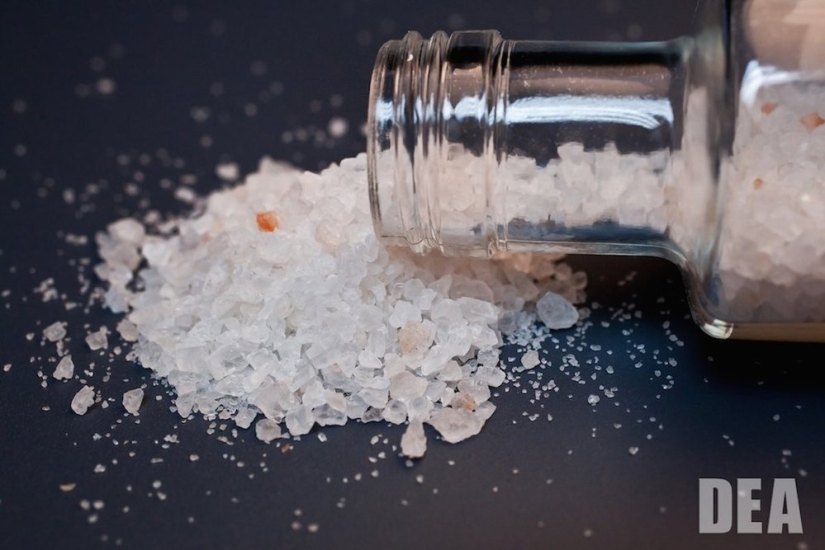
8 Synthetic Drug Flakka
Since flacca is a relatively new drug, the mechanism of its effect on the brain has not yet been thoroughly studied. At the moment, you can compare it with close "relatives" like cocaine or amphetamine. These drugs cause a rush of two substances: dopamine (the “good” neurotransmitter) and norepinephrine, which increases the heart rate and increases anxiety levels. Like most other drugs, flakka has a side effect. Often this is expressed in the fact that a person again and again returns to the use of the drug in order to get rid of negative feelings. Overdose is associated with side effects such as agitation, paranoia, hallucinations, and violent behavior.
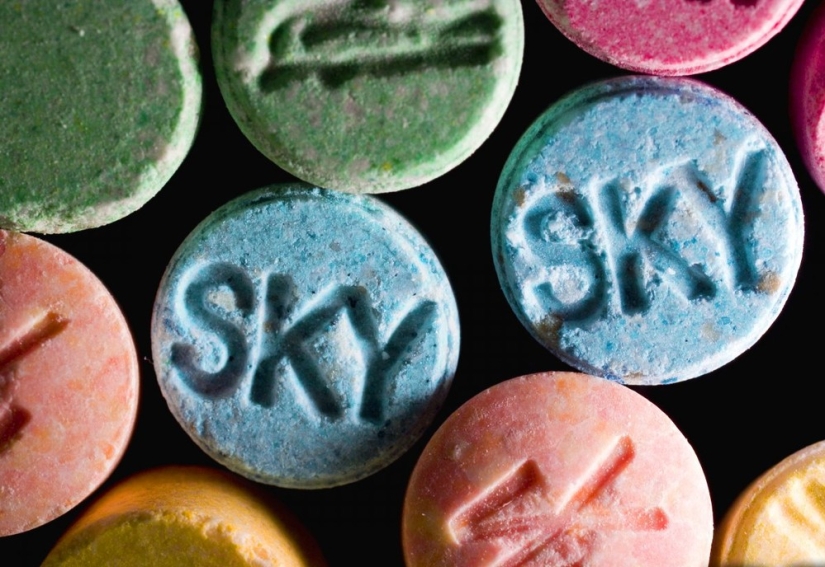
9. Ecstasy
Ecstasy, or MDMA, stimulates the activity of at least three different neurotransmitters, including dopamine, norepinephrine, and serotonin, which play a critical role in maintaining good mood. Elevated levels of serotonin may explain the high mood and energy levels experienced by people who take MDMA, but the decrease in this same serotonin is also responsible for the long blue days. Scientists have proven that chronic use of MDMA (a couple of pills every weekend for several years, or 10-20 pills over the weekend) has a very bad effect on brain function. People who take MDMA constantly lose their memory and the ability to perceive information clearly.
Keywords: Alcohol | Substance | Coffee | Marijuana | Brain
Post News ArticleRecent articles

It's high time to admit that this whole hipster idea has gone too far. The concept has become so popular that even restaurants have ...

There is a perception that people only use 10% of their brain potential. But the heroes of our review, apparently, found a way to ...
Related articles

An old tradition to eat alcohol, kebabs, sausages and other meat products obviously there for a reason. Our ancestors, having a ...

Now it is possible not to stare helplessly alcoholic map in search of familiar words, and immediately ordered the waiter desired ...

Often, actors in films have to drink or even use illegal drugs. And if all these substances were real, given the number of takes, ...

New Year's is a time to surprise and delight loved ones not only with gifts but also with a unique presentation of the holiday ...